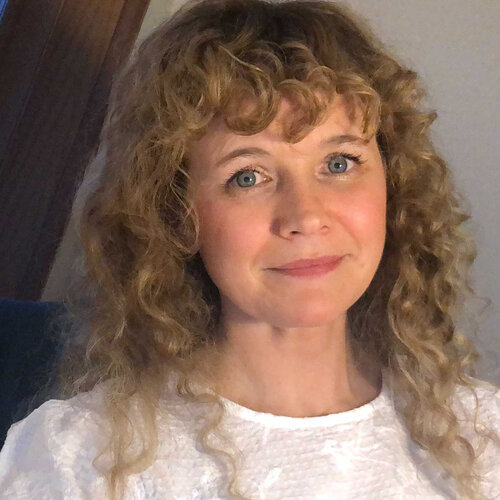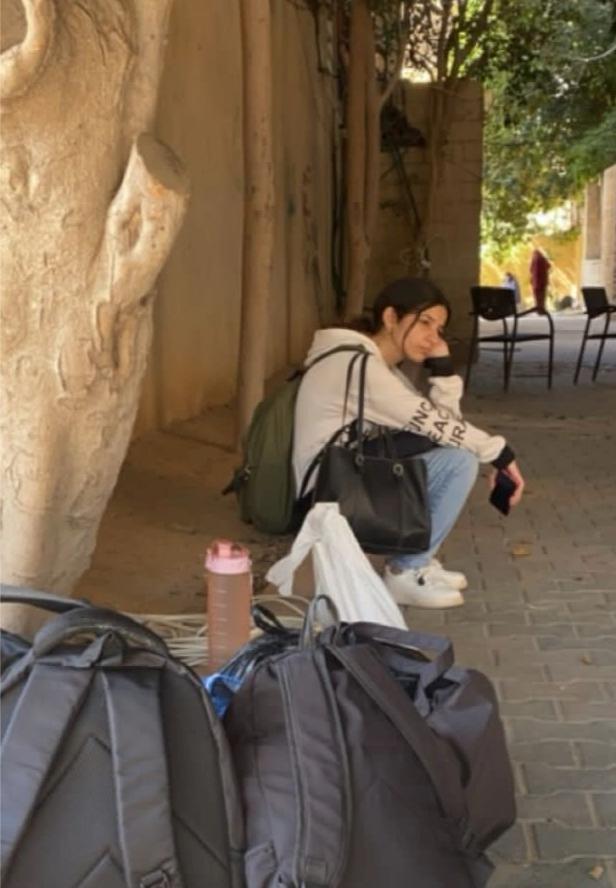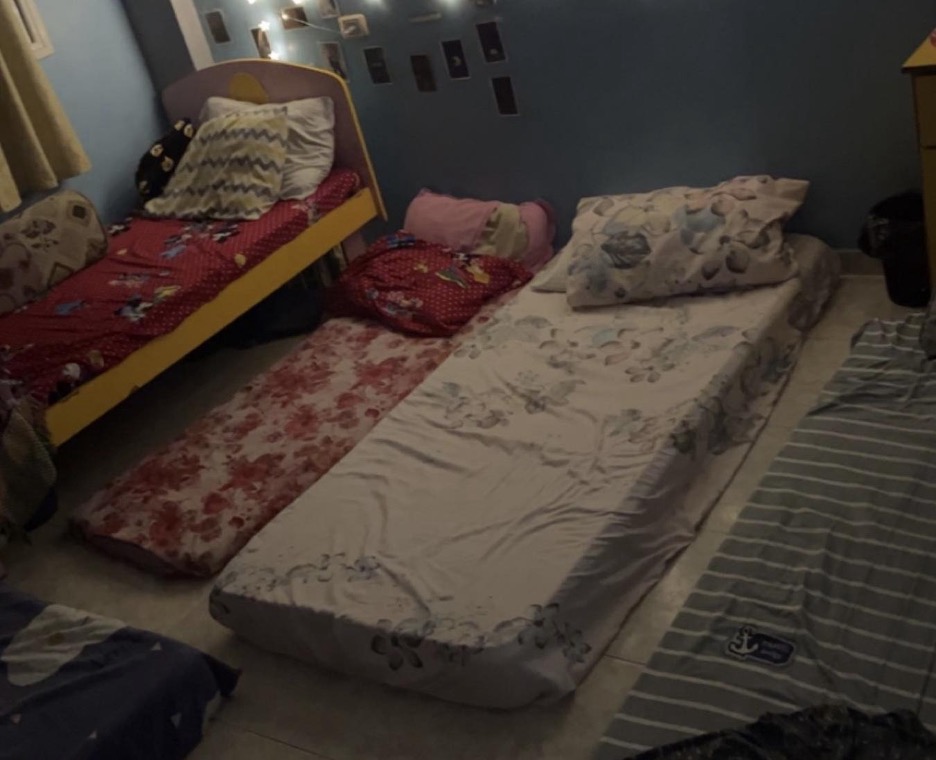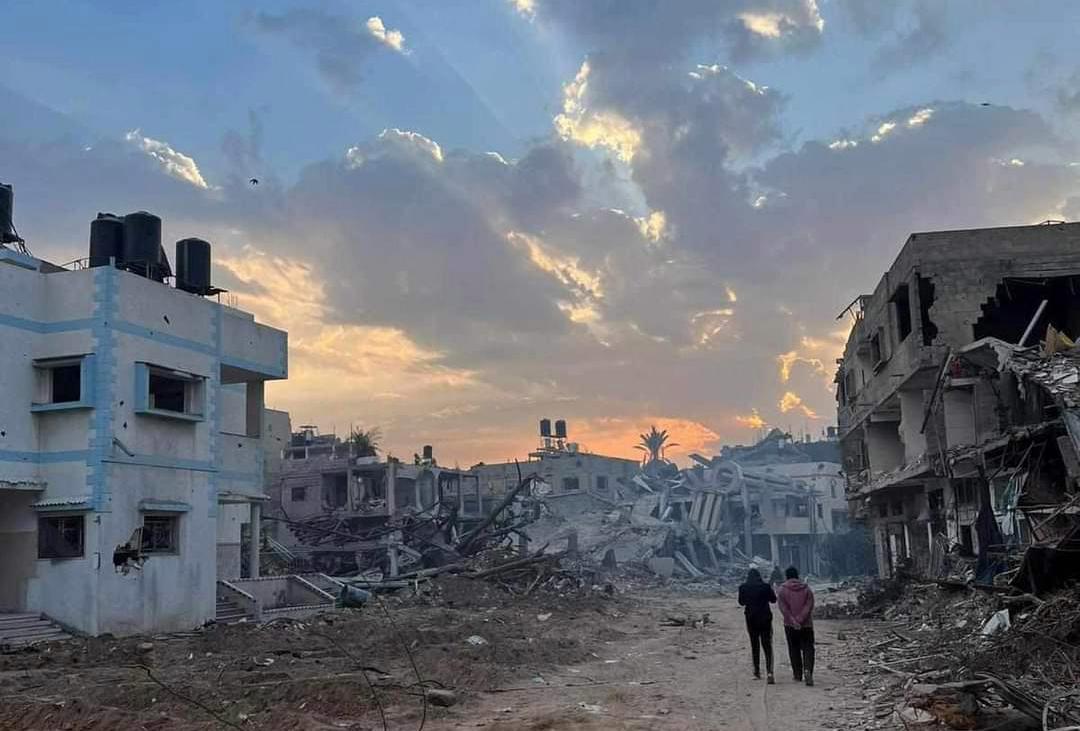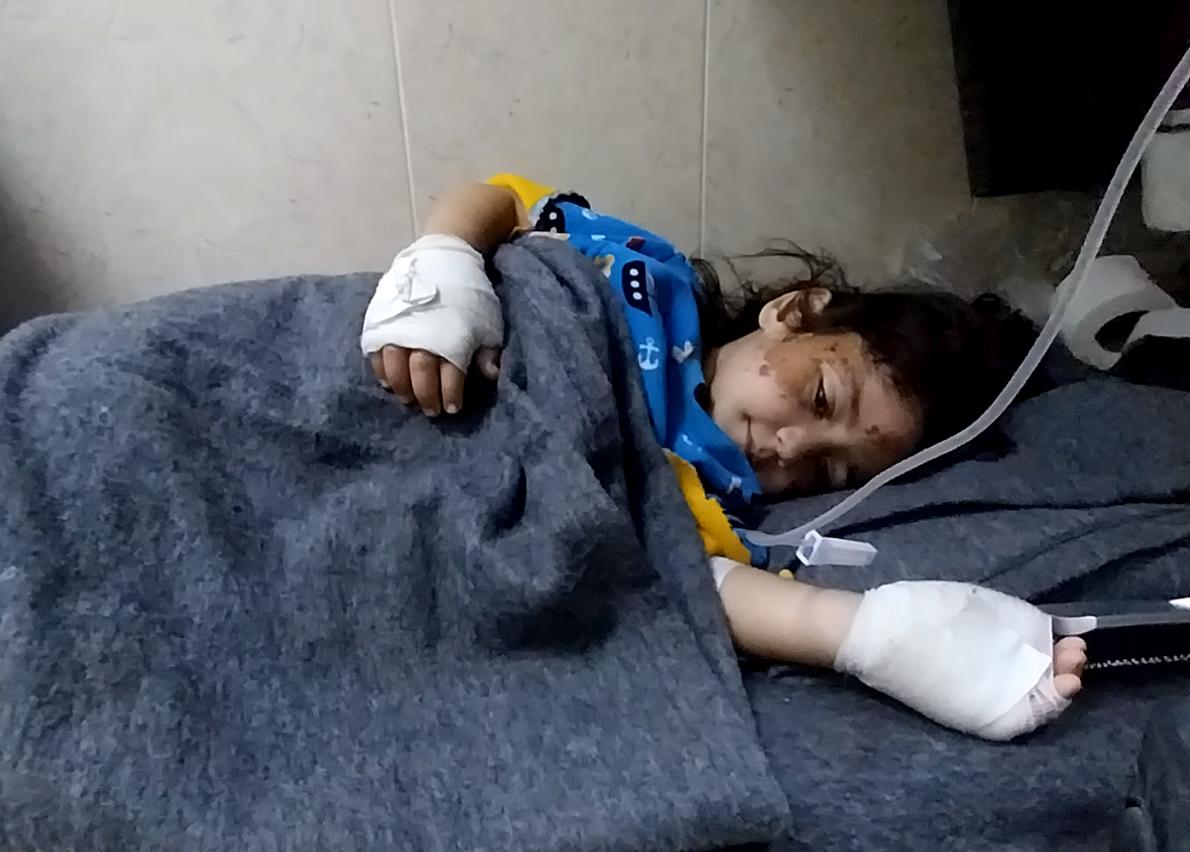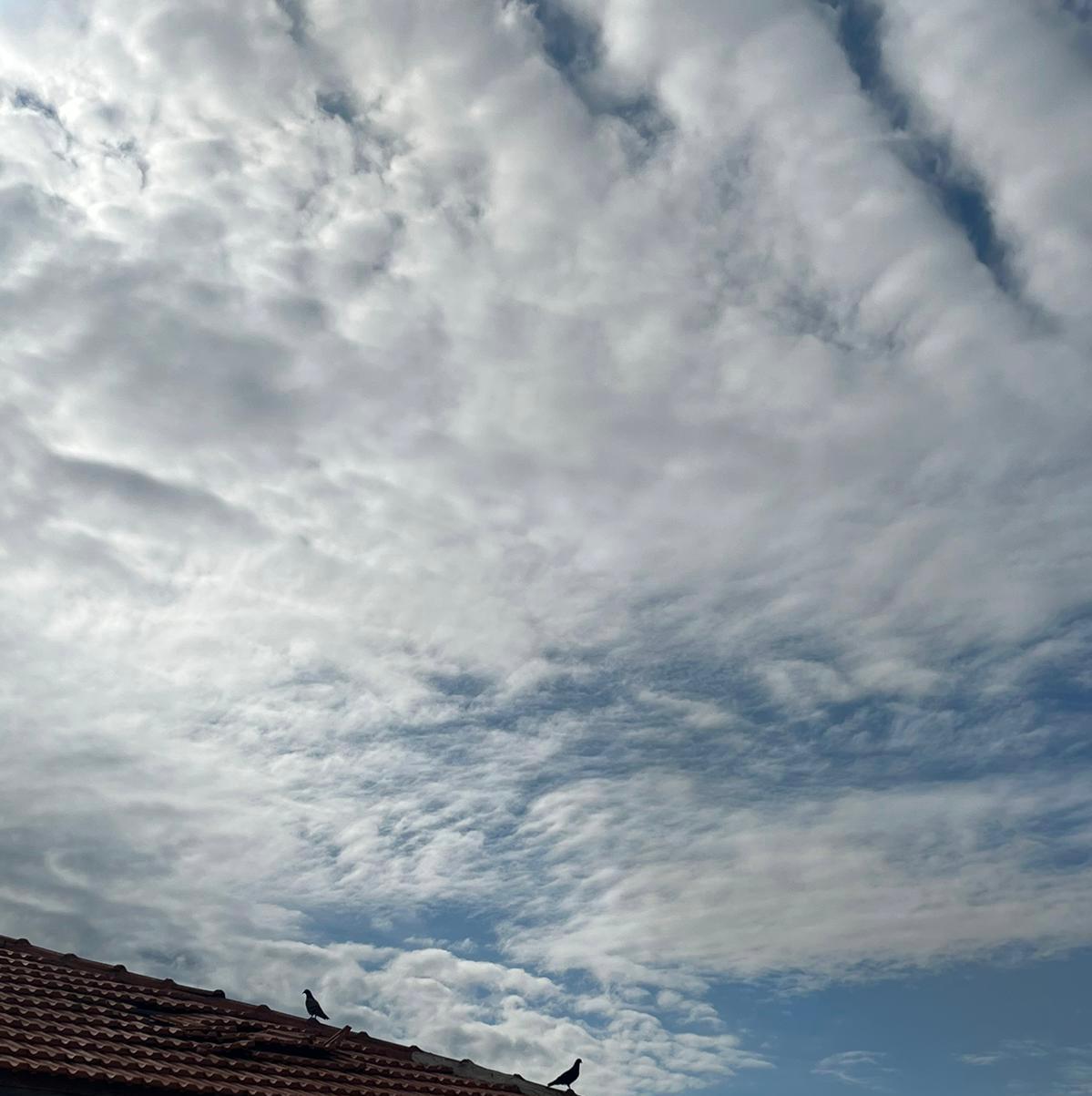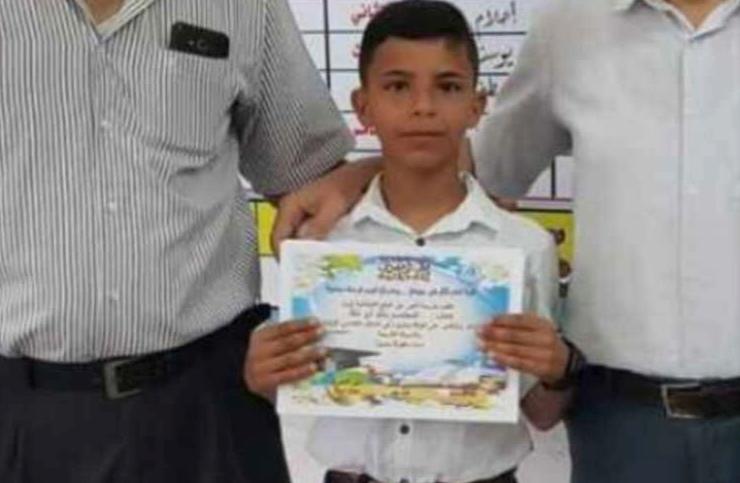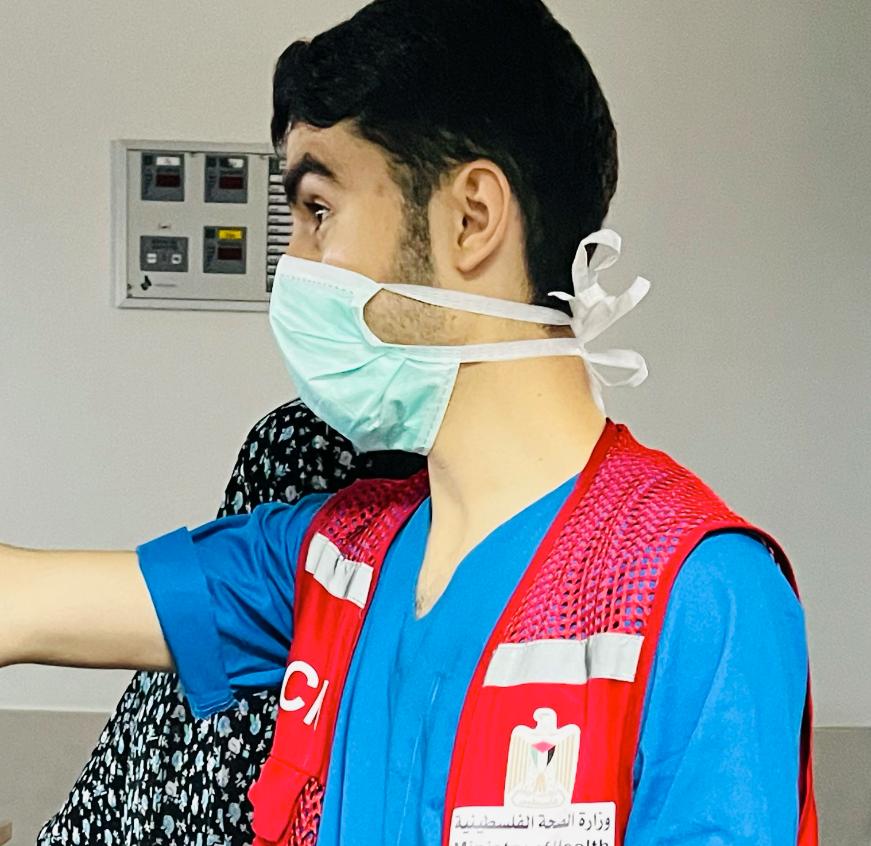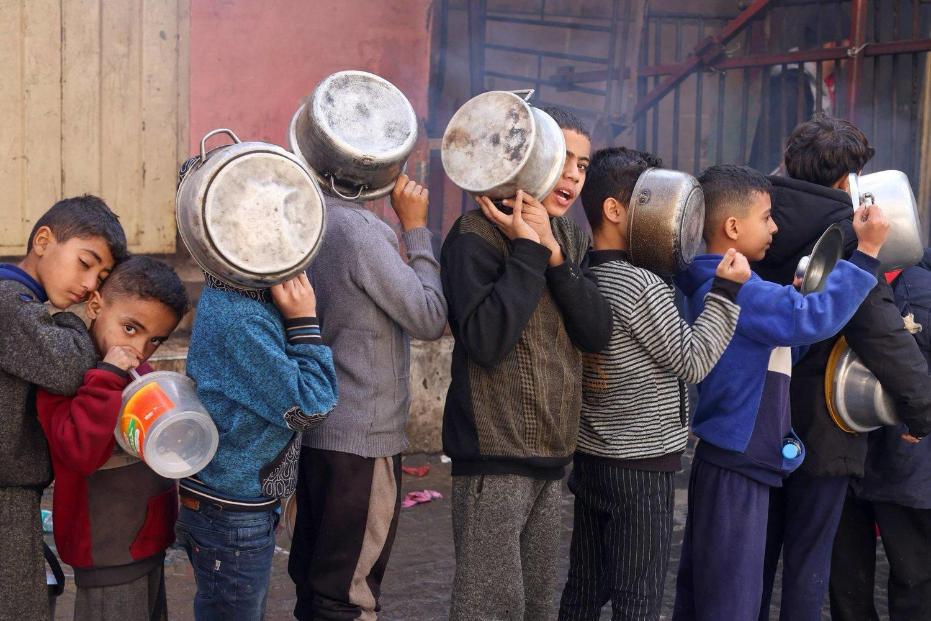
The price of one kilo of flour in Gaza is approximately $100. But it stands at a far greater cost now — our lives and souls.
For one bag of flour or a loaf of bread, you will pay with your life. My friend’s father was killed by the Israeli army while waiting for an aid truck in northern Gaza. After 70 days of blockades, he went to Al-Kuwaiti Street — which separates the north and south — to see if he could get flour for his family, but the crowd was targeted.
Bread is essential for our families to survive. We make it using flour, yeast, a little water, and oil in a clay oven. Before Oct. 7, the people of Gaza would buy it at their local bakery, but most of them have since been destroyed. Now, Gazan women make their own bread with anything they can get.
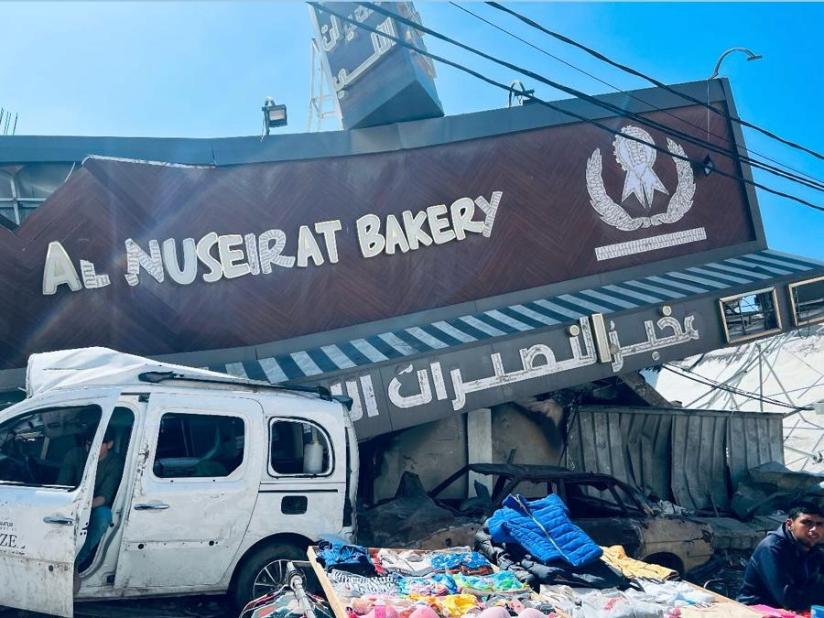
Even if the bakery is still functional, the occupation is targeting the queues of civilians waiting for bread — who in some cases are standing there for more than eight hours. Their choice? Be killed or return empty handed to their starving family.
Before Oct. 7, the taste of our food was superior. We used to cook maqluba, a pot of deliciously stewed meat, rice, and fried vegetables, cooked and flipped onto a serving dish in an impressive tower. Or molokhia, a succulent meat stew made with the leaves of the jute mallow plant with rice.
Families would gather at the dinner table, filled with laughter and the aroma of magnificent food. We Palestinians are famous for our delicious food and the warm texture of mothers’ hands. We ate nothing but love and warmth. Generosity was the characteristic that distinguished every Gazan. But now the smell of food has faded and been replaced by death.
Our mothers’ kitchens have vanished. They have been demolished and women are killed over their food. Now everyone is suffering from hunger. Now everyone feels starving. Women long to return to their homes and cook in their kitchens and fill the house with the delicious aromas once again.
Hungry people still gather on Al-Kuwaiti Street in the hope of aid and flour, but it never comes because the occupation is preventing aid entry.
Since the separation of the north and south of Gaza, the Zionist occupation is not just killing people with weapons — they are using starvation and lack of medicine and medical care. The spread of epidemics and diseases in now rampant in camps and people are drinking and eating contaminated food prepared in unhealthy ways. My friend is dying from cancer because she has no access to chemotherapy. Another with hepatitis — rampant in the camps in northern Gaza — can’t get any treatment for it because there is no medical care.
Now people are resorting to consuming food unfit even for animals or eating plants growing on the side of the street. How can the world carry on when we are experiencing such suffering? Every death, whether by bomb, hunger, or disease stains the conscience of this world.
In northern Gaza, the reports are haunting. Young children chew their hands to quell the hunger, some swallow stones. Some sleep to forget their pain.
Some quotes from our news channels:
“My little daughter eats her finger because she is hungry”
“My son is eating stones not to feel hungry”
“Oh world, we grind animal fodder to eat a little bread”
“I have seven children, and they gather for one egg for lunch, which costs $6”
“Is the martyr who dies hungry the same as the one who dies full?”
Walk the streets our streets — North or South — and witness the sadness on the faces of children. If you ask them why, they will tell you they are hungry.
There are shortages in South Gaza as well. Flour scarcity has led to rationing, while the price of a bag is $100, and yeast has risen to $20 — this would only make about 16 loaves. It is so expensive to make bread now that we have to ration as much as we can. My mother gives me one loaf a day for my family of three. We have to make do with this amount. When we eat it, all we can think about is whether we will have food tomorrow and if we will also start to starve.
In less than two weeks, Ramadan is coming. People are fasting now because of the lack of food. How are we all going to fast and eat?
How can people eat their breakfast, lunch, and dinner when we don’t have anything to eat? What do our lives mean to people around the world?


